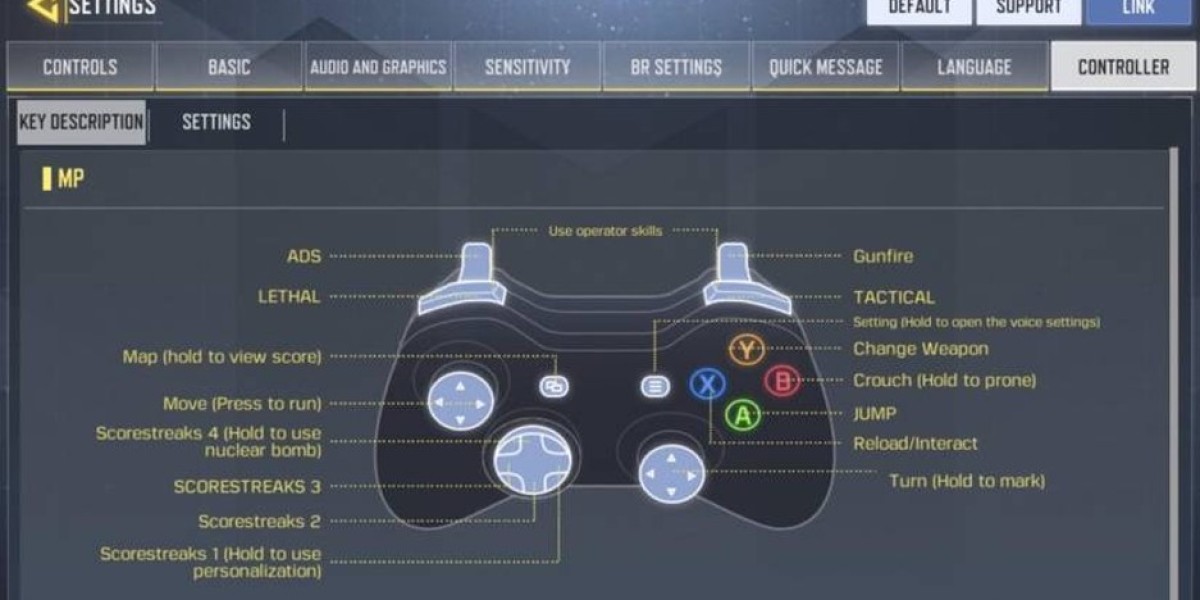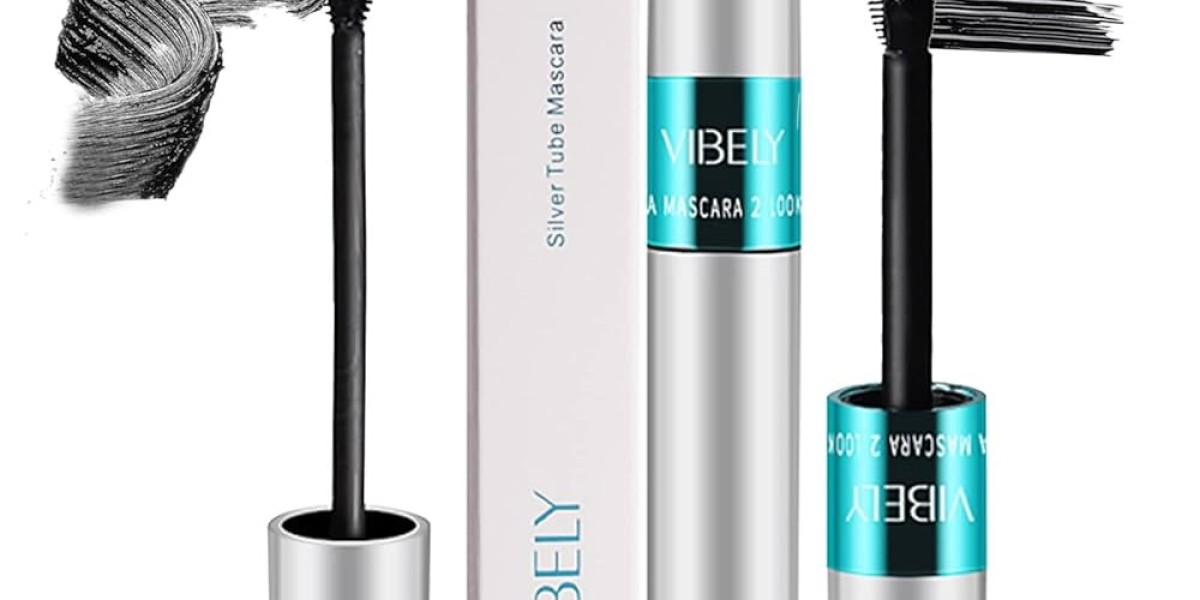A Comprehensive Guide to Buying Licenses: What You Need to Know
In today's competitive landscape, the purchase of licenses is frequently an essential element of running an effective company. Whether you are wanting to buy licence software application licenses for your company, a music license for your artistic endeavors, or a company license to ensure compliance with local laws, comprehending the subtleties of license procurement is important. This post will look into the kinds of licenses readily available, detail the actions to take when purchasing a license, and address regularly asked questions for clearness.
Understanding Different Types of Licenses
There are a number of kinds of licenses offered across numerous markets. Below is a classified overview of the most typical licenses one may encounter:

1. Software Licenses
Software licenses grant users consent to operate software applications under defined terms. These can be divided into numerous classifications:
- Proprietary Licenses: The user has actually limited rights and should follow the terms stated by the software application manufacturer.
- Open Source Licenses: These allow users to customize the software application's source code, sticking to copyright laws.
- Freeware Licenses: Users can use the software application for complimentary, however might face limitations on redistribution and modification.
2. Business Licenses
Company licenses are needed by local, state, and federal governments to legally run a company. Common licenses consist of:
- General Business License: A standard license needed to operate within a city or county.
- Expert Licenses: Required for particular occupations, such as health care or financing.
- Sales Tax Permit: Necessary for companies participating in retail sales.
3. Innovative Licenses
For artists, artists, and content creators, protective licenses make sure the best usage of their work:
- Copyright Licenses: Control over how the work can be reproduced, dispersed, and showed.
- Music Licenses: Necessary for carrying out or using music in various settings, such as radio stations or public locations.
4. Copyright Licenses
These are essential for securing developments and ideas:
- Patent Licenses: Allow others to manufacture or use a creation.
- Trademark Licenses: Permit others to utilize a brand's identifiable symbols.
Steps to Buying a License
When meaning to purchase a license, it's vital to follow a structured method:
Step 1: Identify Your Needs
Before obtaining a license, examine the requirements of your market or profession. Questions to think about consist of:
- What kind of license do you need?
- Are you compliant with existing policies?
- How will the license benefit your operations?
Action 2: Research Licensing Options
Conduct thorough research to determine possible providers or licensing authorities. Remember of their track record, pricing structures, and terms.
Think about the following during research:
- Read evaluations and reviews from other users.
- Compare prices across different licensing service providers.
- Understand the small print in licensing contracts.
Action 3: Evaluate Legal Requirements
Become acquainted with the legal elements of the license. Laws may vary by location, so it's advisable to seek advice from with a legal consultant or organization expert.
Step 4: Budget for the License
Licenses can differ significantly in cost. Develop a spending plan that covers not just the purchase but likewise any ongoing charges related to the license. Think about if there will be a need for renewal.
Step 5: Make the Purchase
When you have picked the suitable license and settled the information, proceed with the purchase. Keep a record of the transaction, including invoices and arrangements.
Action 6: Maintain Compliance
After acquiring the license, ensure you comply with its terms to avoid legal implications. Arrange tips for renewal dates and keep your documentation organized.
Frequently Asked Questions (FAQs)
1. What is the difference between a license and an authorization?
A license normally grants authorization to participate in specific activities, while a permit often permits the conclusion of a specific procedure, such as construction or environmental compliance.
2. How long does it require to obtain a license?
The timeline can vary significantly depending on the type of license and regional regulations. Some licenses can be gotten on the exact same day, while others might require weeks or months for approval.
3. Can licenses be transferred or sold?
In general, licenses are often non-transferable, particularly proprietary software licenses. However, some states enable the transfer of business licenses under certain conditions.
4. What occurs if I do not purchase the required licenses?
Operating without the needed licenses can lead to extreme penalties, including fines, claims, or perhaps the closure of your organization.

5. Exist any discounts available for bulk license purchases?
Lots of software vendors provide discounts for purchasing several licenses simultaneously. It's worth inquiring about readily available choices throughout the getting process.
Obtaining the appropriate licenses is essential for both individuals and organizations in different markets. By understanding the various types of licenses available, researching effectively, and following a structured purchasing process, one can prevent risks and ensure smooth operations. In a world where compliance is critical, taking proactive actions to secure the required licenses is an investment in the future stability and stability of any endeavor.






